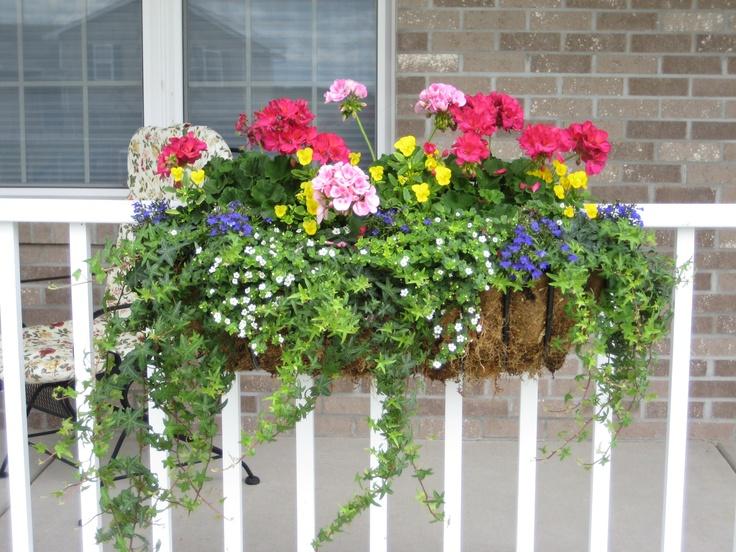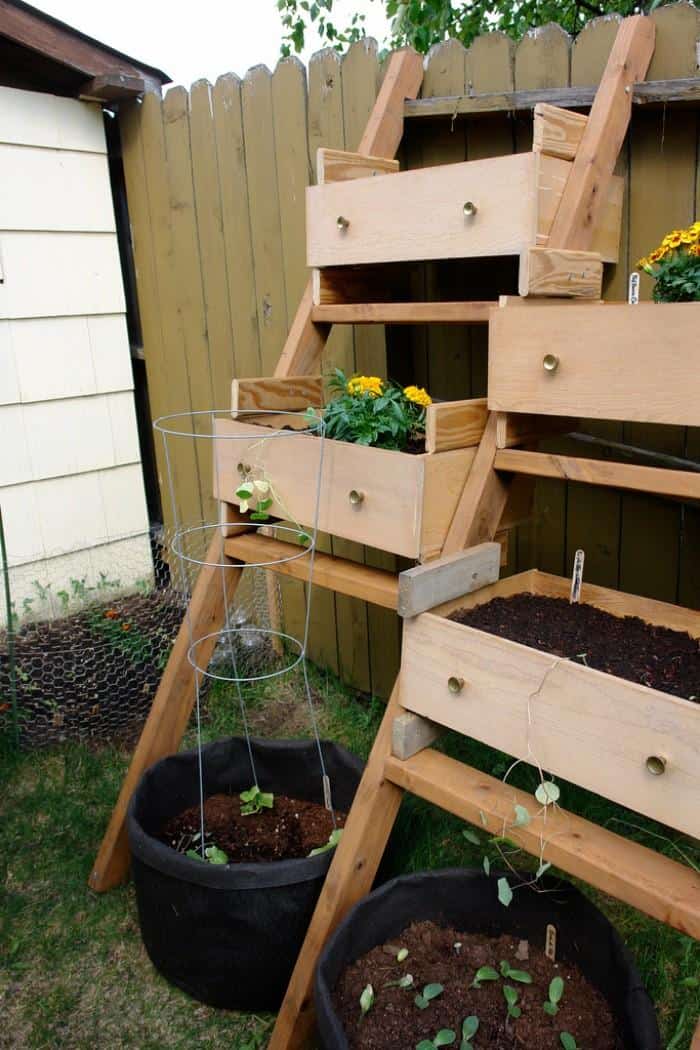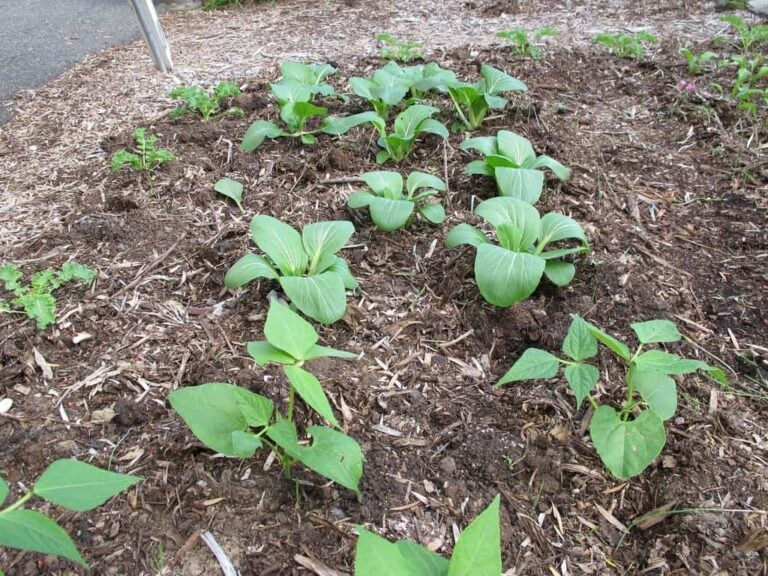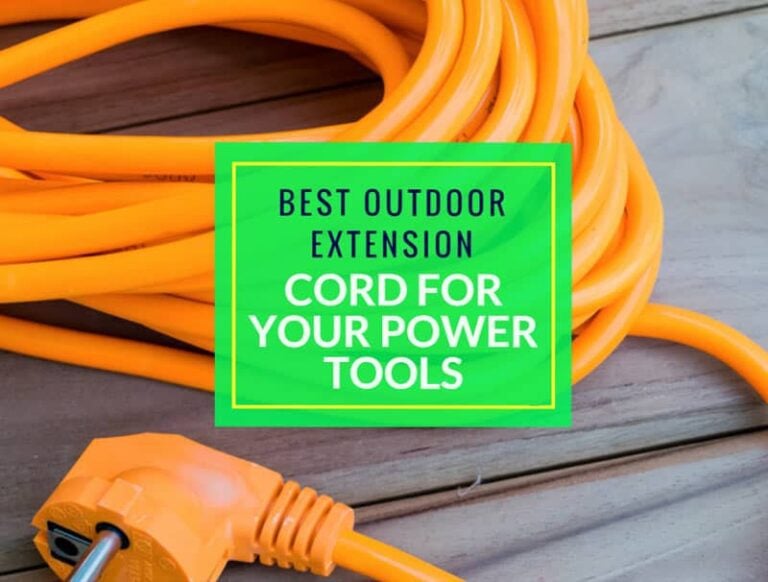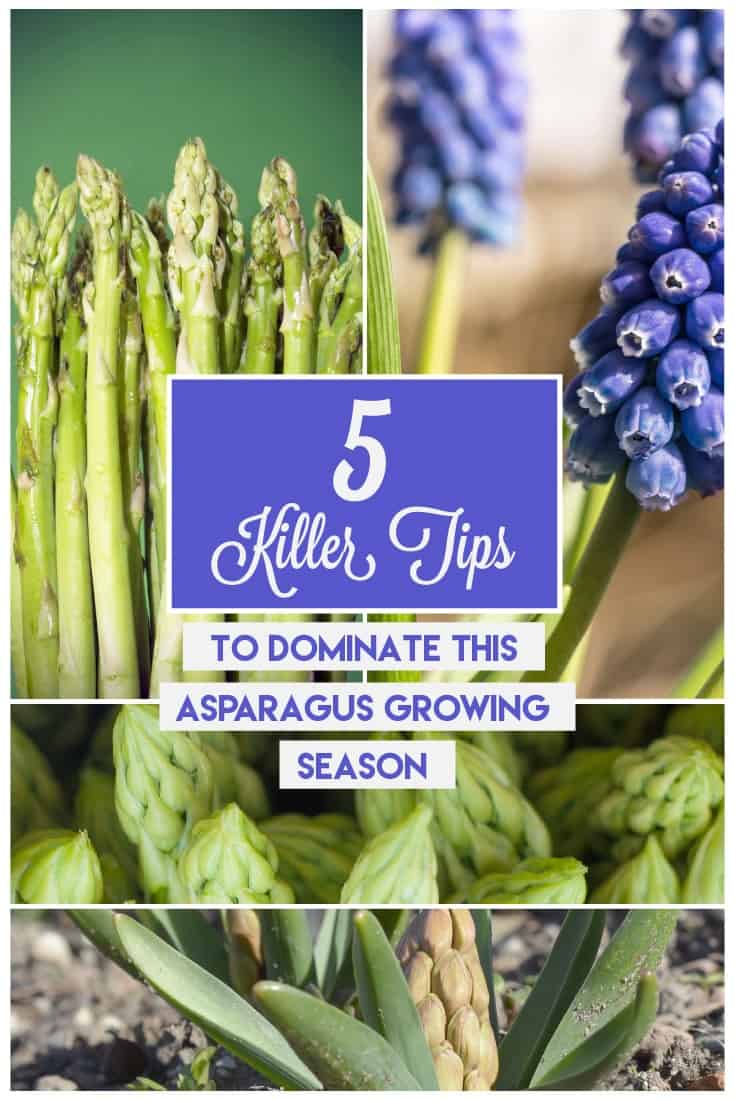The Best Fertilizer for Carrots: Recommendations
What’s the best fertilizer for carrots? We think one of the best choices is Urban Farm Fertilizers All-Purpose Vegetable Fertilizer. Just because carrots easy to grow, it doesn’t mean they’ll spontaneously flourish. You’ll need to guide them during the growth season, and one of the prime movers of guidance is equipping your garden with good fertilizer. Below, we’ll give you some recommendations for a few more good choices as well as some advice on potting it.
Our Picks for Best Fertilizer for Carrots
- Jobe’s Organic All Purpose Granular Fertilizer
- Urban Farm Fertilizers All-Purpose Vegetable Fertilizer
- Dr. Earth Home Grown Tomato, Vegetable, and Herb Fertilizer
Why Grow Carrots?
Carrots are about as basic as a veggie as they come, which makes them the ideal crop for novice gardeners to attempt. Because they are so low-maintenance, they afford newbies plenty of wiggle room to make mistakes before the crop is compromised.

Of course, just because they’re simple to grow doesn’t necessarily mean they’re simple crops. These root veggies come in different colors, can be consumed in a host of different ways (including right from the ground), and are loaded with all kinds of nutrients and health benefits.
This latter aspect may be the most appealing thing about growing carrots. The most prominent one of these relates to improved eyesight, which while surrounded in plenty of mythos does carry some truth. However, the veggie has also been linked to several other great benefits, including heart disease prevention, blood pressure regulation, and digestion improvement.
How to Grow Carrots
Growing carrots aren’t as simple as sticking seeds into some dirt and sprinkling it with some water. There are several steps you need to make your carrots the best they can be. If anything, the most important step you can take to grow beautiful carrots takes place before you plant them.
Having the right soil is an extremely important step in growing carrots or any other kind of root crop. Carrots tend to grow best in deep, loose soil that straddles the line between being moist and being well-drained. It’s equally important that you don’t plant the carrots in soil that’s overly acidic.
Because of this, it’s important that you conduct soil tests on whatever patch of land you plan to grow your carrots. There are two types of soil tests that you can deploy: one is scientific, while the other is practical.
A scientific-based soil test will provide you detailed feedback on the pH level of the dirt. Ideally, you’ll want your carrots to be in a pH level between 5.5 and 7.0. You can achieve this by taking a clump of soil to a lab, or you can purchase a home-testing kit.
A practical-based soil test will measure elements like soil drainage and looseness. This battery of tests is relatively simple, as they range from watering the soil to check its draining properties to digging up the dirt to check out its living organisms.
The Importance of Fertilizer for Carrots
A good fertilizer can ensure your carrots are getting the nutrients they need to thrive. Specifically, a proper fertilizer; one that specifically targets a carrot’s specific nutrient needs.
To do this, you’ll need to pay attention to the trio of numbers that are listed on a fertilizer bag. These numbers represent the percentage of nitrogen, phosphate, and potassium in the fertilizer. While carrot can put these nutrients to use, it’s important that you hone in on a fertilizer that contains more phosphate and potassium and less nitrogen.
The reason for this because of what these nutrients do to a plant. Nitrogen will help to promote a more efficient means of growing foliage. Phosphate and potassium, on the other hand, promotes better root development. Since carrots are root veggies, you’ll obviously want to promote sturdier roots.
With that being said, you’ll want to avoid over-fertilization. If your carrots have too much nutrients in its soil, funky things will start developing, like excessive roots or “hair.” More importantly, over-fertilization could compromise the integrity of your veggie’s flavor.
What Fertilizing Carrots Might Look Like
While there may appear to be a lot of steps involved to properly applying fertilizer to carrots, it’s actually not too difficult of a process. This video does a good job of demonstrating how efficient the process of applying fertilizer to carrots can be. If you’re seriously into gardening, it may even look like fun.
Our Recommendation: Urban Farms Fertilizers All-Purpose Vegetable Fertilizer
If you’re just getting into the world of gardening, it’s wise that you take baby steps while preparing your first crop. That way, you can mitigate your mistakes. What’s more, the mistakes that you do make – and there most likely will be errors – won’t completely devastate your crop.
We like Urban Farm Fertilizers All-Purpose Vegetable Fertilizer because it’s set up to help guide novice gardeners to utilize fertilizer rather well. By applying the material to your crops by its liquid or dry mix formula according to their instructions, you’ll be helping to give your carrots the steady diet of nutrients they need to properly thrive.
What’s more, you’ll be able to get a bead on the materials that make up a good fertilizer. The organic components that are found in the product are the same kind of materials you’d seek out if you decide to make your own fertilizer. This, then, can lay the groundwork for your gardening skills if you wish to take them to the next level.
And make no mistake: making your own fertilizer can be daunting if your thumb hasn’t quite turned green yet. That’s why a product like this one is so vital: it builds up the confidence that’s required for you to start doing the advanced stuff. As with most things in life, a little confidence goes a long way.
And when you apply that confidence to your garden in this situation, beautiful, tasty carrots are your reward. What you end up doing with them is entirely up to you. But considering how versatile they are in the kitchen, you can’t really go wrong with whatever you choose.

